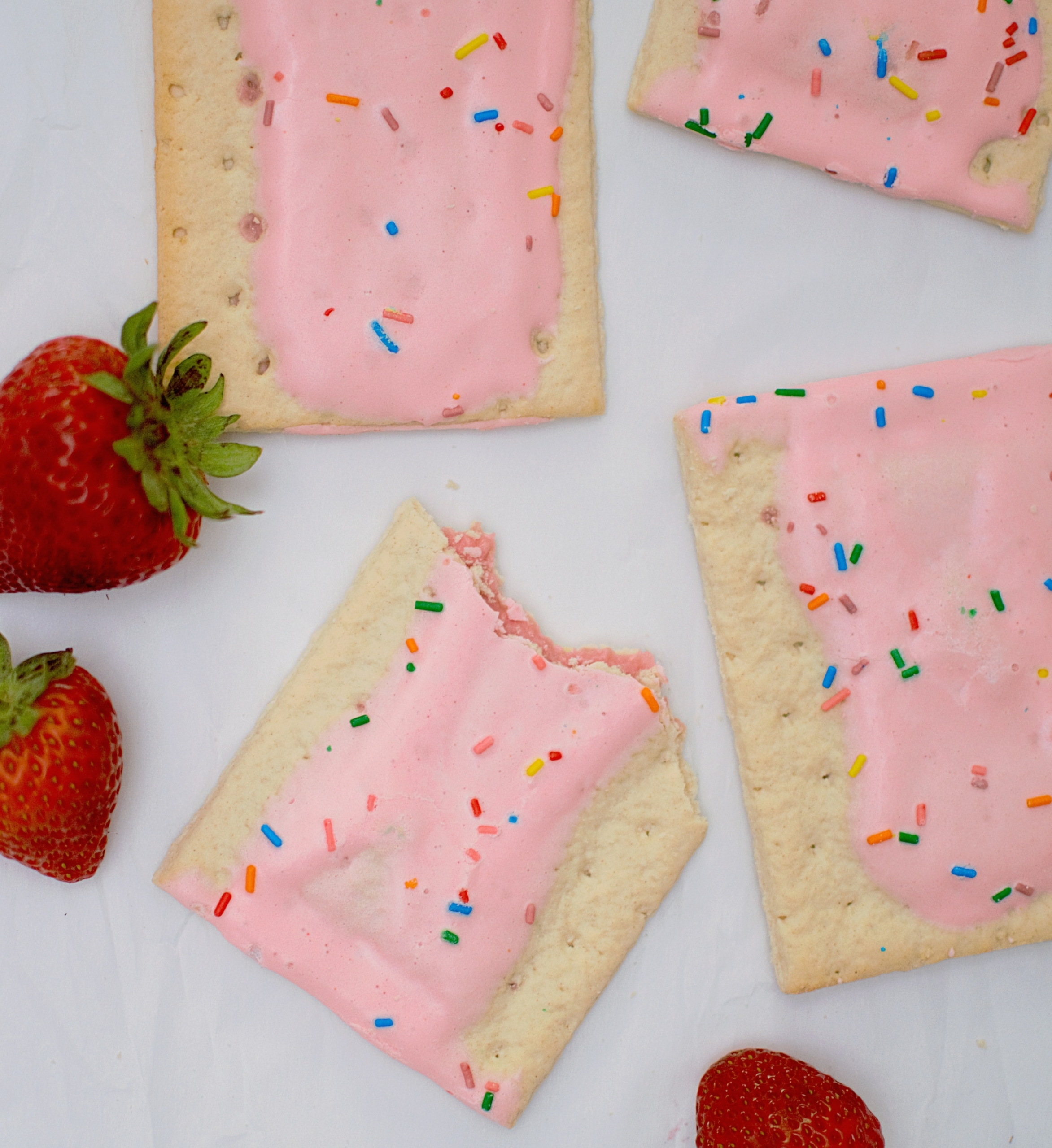On March 31, 2022, the United States District Court for the Southern District of New York ruled that Kellogg’s labeling for its Frosted Strawberry Pop-Tarts is not materially misleading and dismissed a putative class action against the breakfast giant.
To summarize, Plaintiff Kelvin Brown filed a class lawsuit against Kellogg Sales Co. on behalf of the putative class consisting of himself and “all purchasers of [Frosted Strawberry Pop-Tarts] who reside in New York during the applicable statute of limitations.” In the Class Action Complaint, Plaintiff alleged that Kellogg participated in deceptive business practices and false advertising by mislabeling its Frosted Strawberry Pop-Tarts. Specifically, Plaintiff claimed that the labeling on the front of the Pop-Tart’s box, which included, the words “Frosted Strawberry,” along with an image of a halved strawberry, and an image of the Pop-Tarts oozing a dark red fruit filling, all of which mislead him into believing that the Pop-Tarts included more than the two percent of actual strawberries than they really included. Kellogg quickly moved to dismiss, arguing it was implausible that its packaging would cause a reasonable purchaser to believe that the Pop-Tarts included more than two percent of actual strawberries.
For a deceptive practice claim to exist, a plaintiff must show that the practice or action at issue was materially misleading; or in other words, Plaintiff Brown had to show that Kellogg’s actions were likely to mislead a reasonable consumer acting reasonably under the circumstances.
In dismissing the Complaint, the Court relied on the “commonsense expectation that a reasonable consumer is unlikely to purchase a toaster pastry coated in frosting exclusively for the nutritional value of strawberries in its fruit filling.” The Court viewed the Pop-Tarts’ label in context and found that the strawberry representations were not deceptive and merely described the flavor of the product instead of the source of its flavor. Moreover, a reasonable consumer would resolve any perplexity on the Pop-Tarts packaging by simply glimpsing at the explicit ingredient list.
While this lawsuit generated some satirical media coverage over how a reasonable person could believe that Frosted Strawberry Pop-Tarts contain actual strawberries, businesses of any size must be cautious in what they say in their advertising—including about what their products contain. The District of Columbia, Maryland, and Virginia all have consumer protection statutes prohibiting false or misleading advertising. Prospective plaintiffs and plaintiffs’ attorneys will often rely on what appear to be small, inconsequential details in advertising, which may then lead to large class action lawsuits and potentially large adverse judgments. As a result, businesses must consult with experienced class action attorneys to assess and tailor their advertising strategies to avoid these claims and potential litigation.

